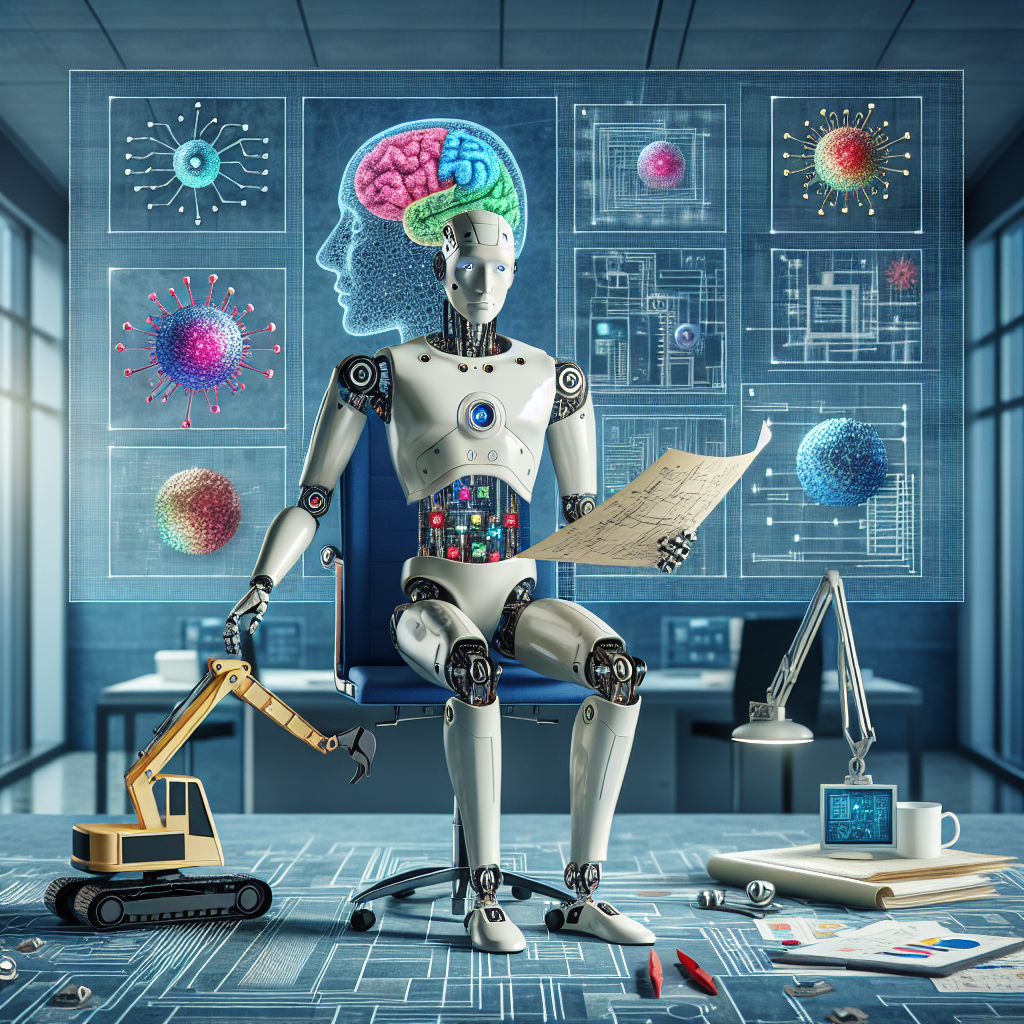Enhancing Project Delivery with AI Technology
In today’s fast-paced business environment, project delivery is more crucial than ever. Organizations are constantly under pressure to deliver projects on time, within budget, and to the highest quality standards. With the rapid advancements in technology, companies are turning to artificial intelligence (AI) to enhance project delivery and improve overall efficiency.
AI technology has the potential to revolutionize the way projects are planned, executed, and monitored. By leveraging AI tools and techniques, organizations can streamline processes, optimize resources, and make better decisions based on data-driven insights. In this article, we will explore how AI technology can enhance project delivery and provide some key considerations for implementing AI in project management.
Benefits of AI in Project Delivery
1. Predictive Analytics: AI technology can analyze large volumes of data to predict project outcomes and identify potential risks and opportunities. By using predictive analytics, project managers can make informed decisions and take proactive measures to address issues before they escalate.
2. Resource Optimization: AI algorithms can help organizations optimize resource allocation by matching the right skills to the right tasks. This can improve productivity, reduce costs, and ensure that projects are completed on time.
3. Automated Reporting: AI tools can automate the process of generating reports and dashboards, saving time and reducing the likelihood of errors. By providing real-time insights into project performance, stakeholders can make timely decisions and take corrective actions as needed.
4. Enhanced Communication: AI technology can improve communication among project team members by providing real-time updates, alerts, and notifications. This can enable better collaboration, coordination, and transparency, leading to more successful project outcomes.
5. Risk Management: AI can help identify and mitigate project risks by analyzing historical data, identifying patterns, and predicting potential issues. By proactively managing risks, organizations can minimize the impact of disruptions and ensure project success.
Key Considerations for Implementing AI in Project Management
1. Data Quality: The success of AI in project management relies on the quality of data available. Organizations need to ensure that data is accurate, up-to-date, and relevant to the project at hand. By maintaining high data quality standards, organizations can maximize the benefits of AI technology and make better decisions.
2. Change Management: Implementing AI in project management requires a cultural shift within the organization. Project managers and team members need to be open to new ways of working and embrace AI tools as a valuable asset. By providing training, support, and clear communication, organizations can facilitate a smooth transition to AI technology.
3. Integration with Existing Systems: AI tools should be seamlessly integrated with existing project management systems to ensure compatibility and avoid duplication of efforts. Organizations need to assess their current infrastructure, identify gaps, and implement AI solutions that complement their existing processes.
4. Security and Privacy: AI technology relies on sensitive data to make informed decisions. Organizations need to prioritize security and privacy measures to protect confidential information and comply with data protection regulations. By implementing robust security measures, organizations can build trust with stakeholders and mitigate potential risks.
5. Continuous Improvement: AI technology is constantly evolving, and organizations need to stay abreast of the latest developments to remain competitive. By investing in ongoing training, research, and development, organizations can leverage AI technology to drive innovation and improve project delivery.
FAQs
1. What are some common AI tools used in project management?
Some common AI tools used in project management include predictive analytics, natural language processing, machine learning, and robotic process automation. These tools can help organizations streamline processes, optimize resources, and make data-driven decisions.
2. How can AI help improve project communication?
AI technology can improve project communication by providing real-time updates, alerts, and notifications to team members. By enabling better collaboration, coordination, and transparency, AI can enhance communication among project stakeholders and improve overall project outcomes.
3. What are some challenges of implementing AI in project management?
Some challenges of implementing AI in project management include data quality issues, change management resistance, integration with existing systems, security and privacy concerns, and the need for continuous improvement. Organizations need to address these challenges proactively to maximize the benefits of AI technology.
4. How can organizations measure the success of AI in project management?
Organizations can measure the success of AI in project management by tracking key performance indicators such as project completion time, cost savings, resource utilization, risk mitigation, and stakeholder satisfaction. By analyzing these metrics, organizations can assess the impact of AI technology on project delivery and make informed decisions for future projects.
5. What are some best practices for implementing AI in project management?
Some best practices for implementing AI in project management include prioritizing data quality, fostering a culture of change management, integrating AI tools with existing systems, ensuring security and privacy compliance, and investing in continuous improvement. By following these best practices, organizations can successfully leverage AI technology to enhance project delivery and drive business success.
In conclusion, AI technology has the potential to transform project delivery by providing predictive analytics, resource optimization, automated reporting, enhanced communication, and risk management capabilities. By considering key factors such as data quality, change management, system integration, security, and continuous improvement, organizations can successfully implement AI in project management and achieve better outcomes. By leveraging AI technology, organizations can stay ahead of the competition, drive innovation, and deliver projects more efficiently and effectively.

